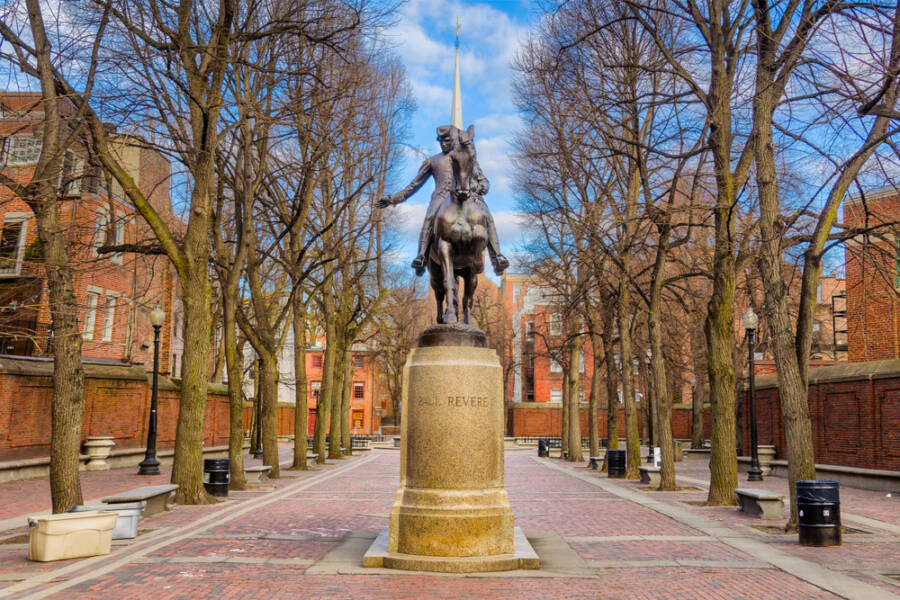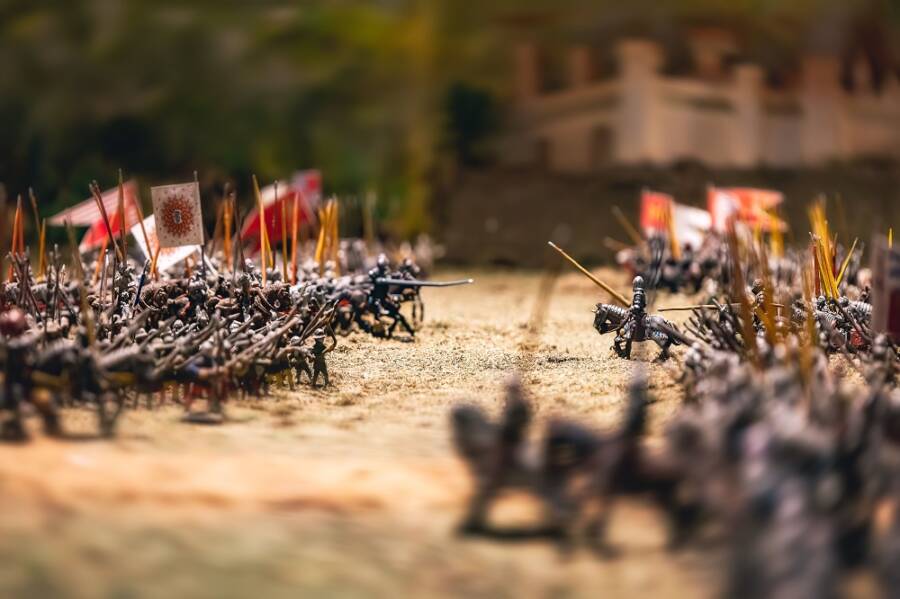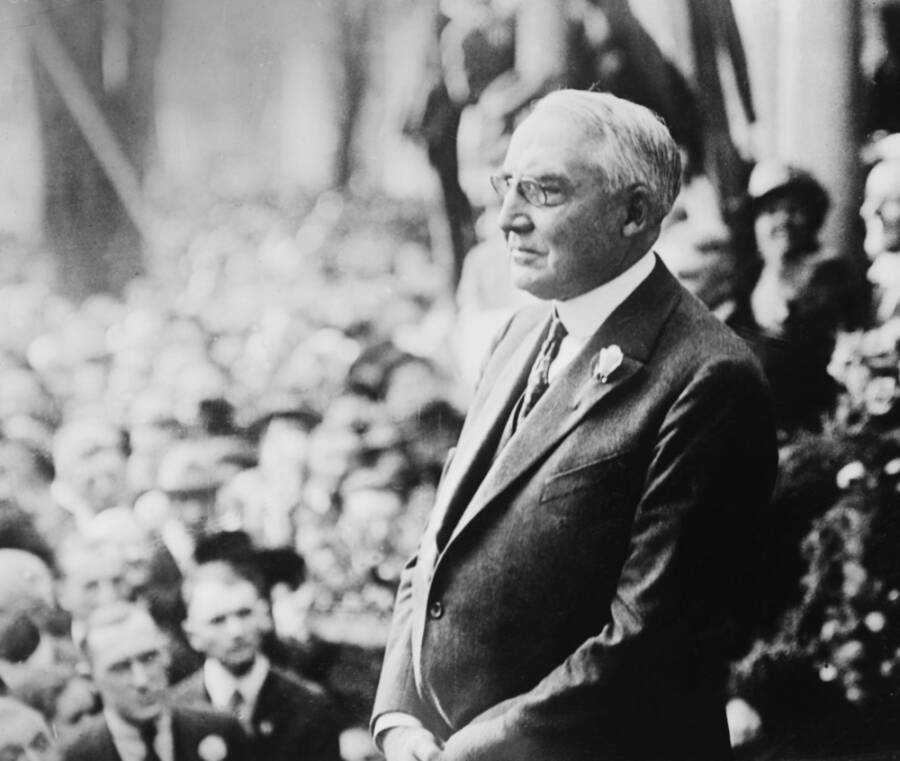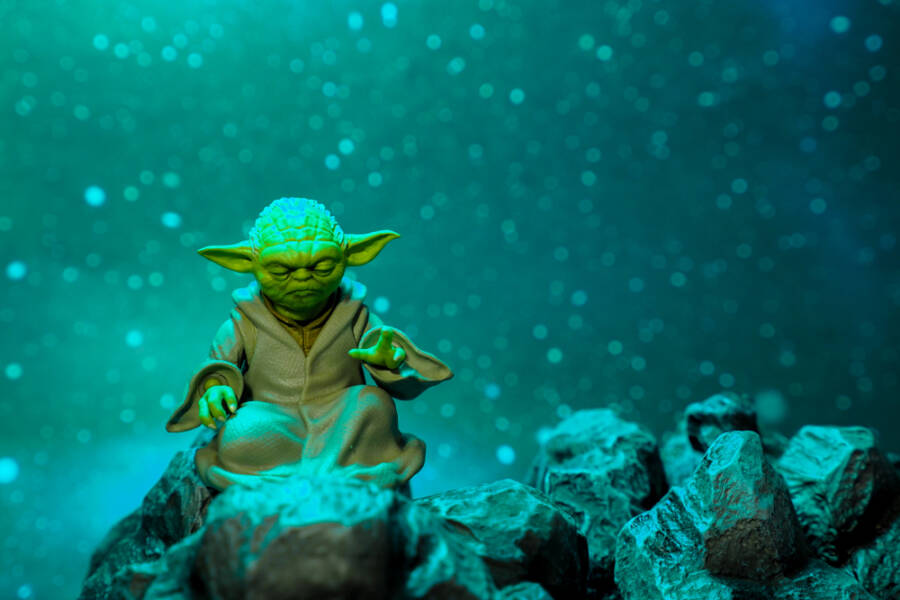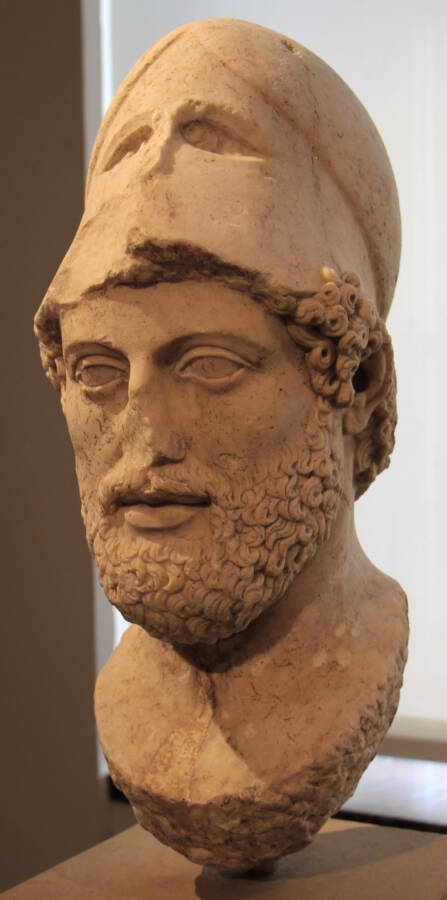
Martin Luther King Jr.’s “I Have a Dream” (1963): A Global Call for Justice
The 1960s was a decade of global social and political upheaval. The Cold War was at its peak, with the ideological struggle between the United States and the Soviet Union often playing out through proxy conflicts and propaganda. For the United States, its internal struggle over civil rights was a significant international liability, as the USSR used America’s systemic racism to undermine its claims of leading the “free world.” Meanwhile, the decolonization of Africa was nearing its completion, with newly independent nations joining the United Nations and bringing issues of racial inequality to the forefront of global discourse. It was a time when struggles for justice, once seen as purely domestic, were becoming internationalized.
On August 28, 1963, against this backdrop, Martin Luther King Jr. stood before the Lincoln Memorial in Washington D.C. and delivered his “I Have a Dream” speech to a quarter of a million people. The speech was the culmination of the March on Washington for Jobs and Freedom. A deep analysis of Martin Luther King’s I Have a Dream speech reveals its genius: it masterfully wove together the specific grievances of African Americans with the universal language of scripture and the foundational promises of American democracy. King began by speaking of the “fierce urgency of now” but pivoted to an immortal, improvised crescendo, painting a vision of a future where his children would “not be judged by the color of their skin but by the content of their character.”
While its immediate goal was to pressure the U.S. government to pass civil rights legislation, the speech’s impact was profoundly global. Broadcast around the world, its message of nonviolent struggle for freedom and equality became a universal anthem for human rights. It inspired anti-apartheid activists in South Africa, who saw their struggle reflected in the American Civil Rights Movement. It was embraced by Catholic and Protestant civil rights marchers in Northern Ireland. Decades later, protestors in Tiananmen Square in China would quote from it, and it has been cited by democracy advocates from Eastern Europe to Latin America. King’s dream transcended its American context to become one of the most powerful and enduring articulations of the universal human aspiration for dignity and justice, making it one of the most important historical moments of the 20th century.
For primary sources from various countries, consult national archives such as the UK National Archives. University history departments also provide excellent online resources.

